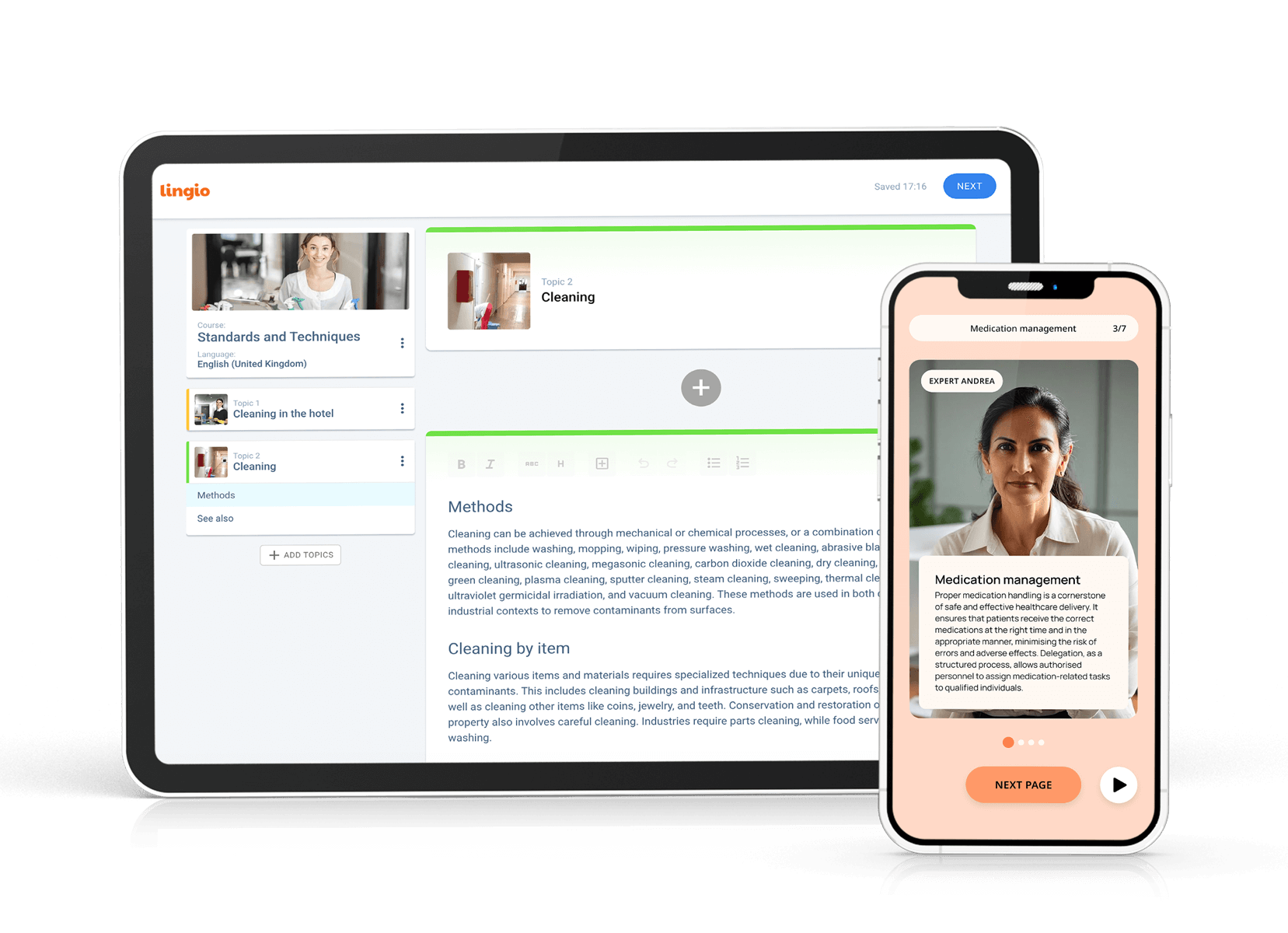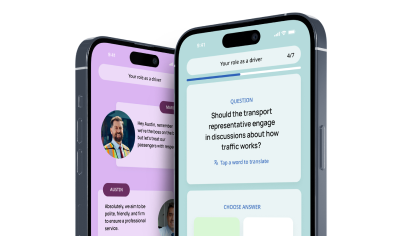Training for exceptional customer service
Exceptional customer service is paramount in the hotel industry. Training your staff to deliver outstanding service from the moment a guest walks through the door is essential for creating a positive and memorable customer experience throughout. To achieve this, focus on the following areas:

1. Effective Communication Skills
Train your staff to communicate clearly and professionally with guests, listening attentively to their needs and concerns. Effective communication is not just about speaking clearly, but also about being an active listener. By actively listening to guests, your staff can better understand their needs and provide personalized service. Additionally, ensure that they are well-versed in the protocols for addressing and resolving guest complaints or issues. This includes being able to handle difficult situations with grace and professionalism.
2. Empathy and Emotional Intelligence
Teach your staff to empathize with guests and understand their emotions. This will enable them to tailor their service based on individual needs and preferences. By showing empathy, your staff can create a warm and welcoming environment that makes guests feel valued and understood. Emotional intelligence is also crucial in handling challenging situations, as it allows your staff to respond appropriately and effectively to guests' emotions.
3. Problem-Solving
Equip your staff with problem-solving skills to handle unexpected situations or guest requests effectively. A well-trained staff member should be resourceful and adaptable. They should be able to think on their feet and come up with creative solutions to meet guests' needs. This includes being knowledgeable about the hotel's facilities and services so that they can provide accurate information and recommendations to guests. By empowering your staff with problem-solving skills, you can ensure that they can handle any situation that arises during a guest's stay.
4. Cultural Sensitivity and Diversity Training
In today's globalized world, hotels welcome guests from diverse cultural backgrounds. Training your staff in cultural sensitivity and diversity can help create a more inclusive and welcoming environment for all guests.
Cultural sensitivity training should include understanding different customs, traditions, and etiquette to avoid inadvertently offending. By fostering an inclusive mindset, your staff and business can make all guests feel respected and valued, regardless of their background.
5. Health and Safety Compliance
Maintaining health and safety standards is crucial in the hospitality industry. Training your staff on proper hygiene practices, emergency response procedures, and health code and compliance training is essential to protect both guests and employees.
Ensure that your staff receives regular training and updates in areas such as food handling, fire safety, first aid, and evacuation protocols. Implementing training programs that emphasize the importance of health and safety will create a culture of responsibility within your hotel.
6. Emphasizing Teamwork and Collaboration
Hotels thrive when there is a strong sense of teamwork and collaboration among staff members. Encourage open communication, mutual support, and a positive work culture within your team by incorporating team-building activities into your training programs.
Teamwork training can include problem-solving exercises, group projects, and role-playing scenarios to simulate real-life situations that staff may encounter. By fostering a supportive and cohesive team environment, your staff will be better equipped to handle challenges and deliver exceptional service.
8. Upskilling and Professional Development
Investing in the professional development of your hotel staff not only benefits your employees but also contributes to the overall growth and success of your establishment. Offering opportunities for upskilling orientation training and career advancement can improve staff morale and retention rates.
Provide your staff with access to workshops, seminars, and industry conferences to enhance their skills and knowledge. In-house employee training programs or sponsorships for external courses can equip your employees with the latest industry trends and best practices.
9. Practical and Hands-On Training
While theoretical training is important, practical and hands-on experience is equally essential. Utilize role-playing exercises, on-the-job training, and mentorship programs to provide your staff with valuable hands-on experience in real-life scenarios.
Encourage your staff to actively participate in the training effectiveness shadowing experienced team members to learn firsthand how different tasks are performed. This practical training approach enhances skill development and boosts confidence in their respective roles.
10. Feedback and Performance Assessments
Regular feedback and performance assessments for new employees are instrumental in identifying areas for improvement and recognizing achievements. Implement a structured feedback system that allows both managers and staff members to provide input on each other's performance.
Feedback sessions should be constructive, focusing on identifying strengths, and areas for improvement, and setting goals for growth. Recognize and reward excellent performance to motivate your staff and foster a culture of continuous improvement.
By focusing on these key areas of customer satisfaction, you can instill a customer-centric mindset in your team, ensuring that every guest feels valued and well taken care of during their stay. Exceptional customer service is not just about meeting guests' expectations, but about exceeding them. When guests receive exceptional service, they are more likely to become loyal customers and recommend your hotel to others. Investing in training for exceptional customer service is an investment in the success and reputation of your hotel.





